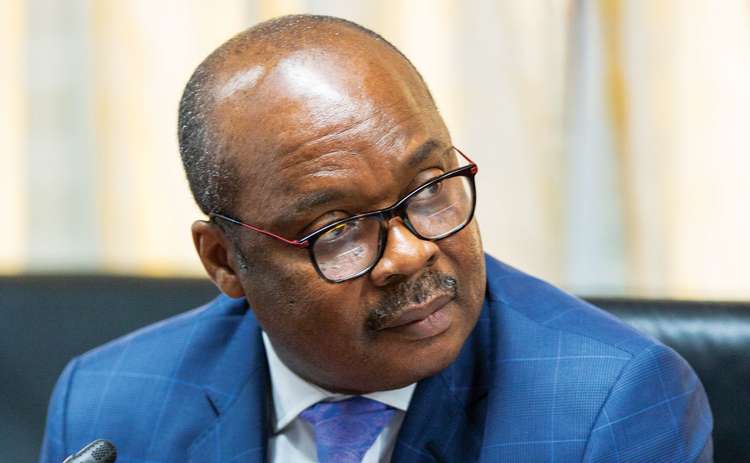The Governor of the Bank of Ghana (BoG), Dr. Ernest Addison, recently announced that Ghana’s economy is showing signs of improvement compared to previous years.
In the past, the economy faced challenges leading the government to seek a $3 billion bailout from the International Monetary Fund (IMF).
However, speaking before the Public Accounts Committee of Parliament on Monday, April 8, 2024, Dr. Addison credited the economic turnaround to several factors, including the increase in foreign exchange reserves.
He expressed gratitude to Parliament for approving the addition of $300 million to Ghana’s reserves, a move aimed at bolstering the economy.
“For the economy as a whole, I can tell you that things are improving, our foreign exchange reserve levels are improving. Thanks to Members of Parliament who recently approved a facility, so $300 million was added to our reserves. All of that strengthens our position to support you [government] in executing these types of projects.”
Dr. Ernest Addison
When quizzed about the possibility of payments being made to aid in executing ongoing projects, he said, “Rest assured that so long as the economy continues on the path that we are on, we should be able to help you [government] deliver.”
World Bank’s Contrarian View

However, the April 2024 World Bank Africa Pulse Report shed light on Ghana’s economic outlook for the year, indicating a projected slowdown in growth despite the anticipated improved economic activity.
According to the report, Ghana’s Gross Domestic Product (GDP) growth is forecasted to be around 2.0% in 2024, a decrease from the nearly 5.0% growth expected in early 2025.
Ghana is among 15 African countries expected to experience a slowdown in growth this year, as highlighted in the report.
Additionally, the country is anticipated to contribute just 0.10% to the regional GDP growth by the largest economies in the Region.
In 2023, Ghana’s economy saw a GDP growth of 2.9%, providing context for the projected slowdown. The 2.9% GDP growth was however stronger than the revised 1.5% by the Finance Ministry.
Data from the Ghana Statistical Service revealed that the Industry sector experienced a contraction of 1.2% in comparison to its 0.6% GDP growth in 2022. Despite this decline, the Industry sector remains the largest component of the economy.
The significant contractions of 10.9% and 9.9% in the Electricity and Construction subsectors respectively in 2023 were primary contributors to the overall decline in the Industry sector’s GDP. Notably, the Mining and Quarrying subsector was the sole subsector to record growth, with a rate of 2.5%.
Furthermore, the World Bank said growth is expected to increase in nearly 70% of Sub-Saharan African countries (32 countries). However, growth rates are below their average growth in 2000–19 in about half of them (17 countries).
Implications Of The Data On People
For the average Ghanaian, the economic data paints a mixed picture of opportunities and challenges. The projected slowdown in GDP growth for 2024, as indicated by the World Bank Africa Pulse Report, suggests a potentially tougher economic landscape ahead. This could translate to slower job creation, reduced income growth, and overall tighter financial conditions for households.
Additionally, the contraction in the Industry sector, despite its status as the largest segment of the economy, raises concerns. The decline in sectors like Electricity and Construction signals possible disruptions in infrastructure development and access to essential services.
However, the growth in the Mining and Quarrying subsector offers a glimmer of hope, potentially indicating opportunities for employment and revenue generation in extractive industries.
Ultimately, the average Ghanaian may face increased economic uncertainty and a need for resilience in navigating potential challenges. It underscores the importance of effective economic policies and initiatives to stimulate growth and mitigate adverse impacts on livelihoods.
READ ALSO: CJ’s Vision Statement To Bolster Judicial Transparency And Accountability


















